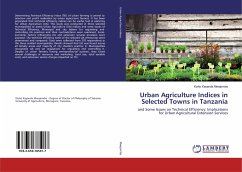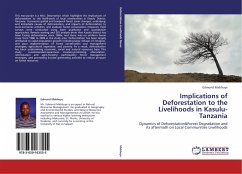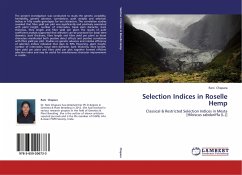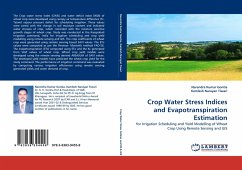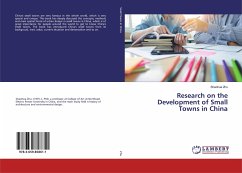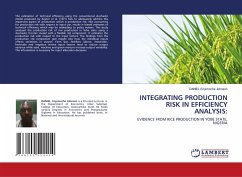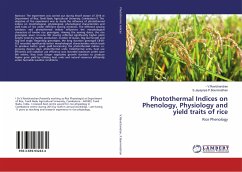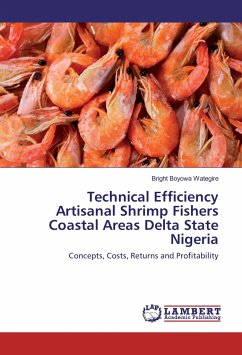Determining Technical Efficiency Index (TEI) of urban farming is central to selection and profit realization by urban agriculture farmers. It has been populated that technical efficiency indices can be useful tool in planning for Urban Agriculture (UA). This study was conducted in three selected municipalities to assess Urban Agriculture (UA) indices and some issues of Technical Efficiency. Municipal and city bylaws for regulating and controlling UA practices and their contradictions were examined. Socio-economic factors influencing UA and extension services provision were assessed. The technical efficiency levels of the selected UA enterprises were determined and compared. Data were collected from 270 respondents in the three studied municipalities. Results showed that UA was found across all density areas and majority of city dwellers practice it. Municipalities recognized UA and set regulations for regulating and controlling it. Despite of urban farmers having entrepreneurial acumen, they faced several challenges in resources and marketing. Land size, total variable costs, and extension service charges impacted on TEI.
Bitte wählen Sie Ihr Anliegen aus.
Rechnungen
Retourenschein anfordern
Bestellstatus
Storno

